1500+
Children
50+
Educators
5
Schools
A series of synchronicities led me to Ritu Khoda and the work of Little Light. I browsed through a curriculum for children which was over and above the social-emotional learning curricula I had seen thus far. It is a spiritual curriculum, which guides children to acknowledge and recognize their own divinity, through stories and practices that encourage them to build self-awareness, identify areas for development and talents, be empathetic and compassionate in their relationships with others and the planet.
A unique aspect of the Little Light process is that the teachers are fundamental as conduits to the children receiving the curriculum. Teachers actively participate in an intensive coaching training, where they learn how to adopt a coaching mindset. The outcomes of the coaching training are many: teachers learn how to be present and give their undivided attention to students and colleagues and to truly listen. They learn how not only to accept but to celebrate differences, how to frequently acknowledge children’s strengths and contributions. Teachers who adopt a coaching approach can empower children to believe in their own resourcefulness and capacity to find their own solutions. They guide children to spiritual fortitude. The programme helps bring self compassion in schools.
I love Little Light’s approach; first the adults, and through the adults to the children.
I strongly believe that learning how to coach reconnected me to myself. I took off the masks and costumes and conditioning that I had acquired while growing up. And I believe that it’s only when you have done this for yourself, can you do this for others. I wish that I had learned to live like this from a young age, to not be afraid of being myself, because of the pressures of others, society, and the need to ‘survive’ the rat race that is our current life.
I’m determined to share what I have learned with others who are or will face this. And even more determined that our children don’t get to a place where they have to unlearn so many things, and peel off their masks and costumes. I want children to be themselves, share themselves unabashedly, find their passions, follow their dreams, and share their unique contributions to the world. These are some of the reasons why I believe in coaching for children.
What is Coaching?
In recent years, the term, “coaching” has gained much popularity in mainstream culture. Prior to the 1990s, coaching was probably most associated with sports; for example, cricket and badminton coaches would help their clients become more effective and competitive players. In the 1990s, business and executive coaching gained momentum. In executive coaching, coaches work with clients to make them more effective in their workplace, often to build their capacity to grow into more senior leadership positions.
Life coaching, a relatively modern form of coaching, became popular in the 1990s and more so in the 2000s. People engage in life coaching to make improvements in broad aspects of life such as careers, relationships and personal development. More specific areas could include improving self-awareness, developing self-compassion, creating self-discipline and motivation, gaining clarity, building relationship skills and developing leadership potential. Research has shown that coaching is beneficial and has clear impacts on the self-confidence, wellness and work performance of adults.
It is worthwhile to note that coaching is different from modes such as counseling, therapy and mentoring, primarily because it is based on forward action versus going into the past. Another significant difference in coaching is the relationship between the coach and the coachee. In a coaching relationship, the coach does not give advice to the coachee. Instead, a coach empowers their coachee to arrive at their own answers and solutions. We will explore further similarities and differences in a later article.
I Understand Coaching for Adults – but Why for Children?
Life coaching is not a term typically associated with children, and you may wonder why kids would even need life coaching. Believe it or not, children’s lives are complex and multilayered. Children also face a multitude of pressures such as parental expectations, peer pressure, academic standards or traumatic life experiences.
Apart from interacting with their families, children also navigate lives at school with peers, with friends in their building complexes, and even virtual friends they may meet on the internet and through gaming.
Children’s belief systems are affected by their life experiences and socialization. Unfortunately, we have seen an increase in some of the negative impacts of these, namely fragile mental health conditions such as depression, anxiety and suicide.
Life coaching is a wonderfully empowering way of guiding a child to not only build self-awareness and self-compassion, but also to recognize and acknowledge their innate strengths and talents. It can help children validate their uniqueness, build self-confidence and self-trust, and become really certain of who they are as individuals.

Life coaching can support children to build healthy relationships, while retaining their identity and authenticity. It can also encourage them to maintain and nurture their relationships with peers and adults alike.
Coaching can help children know how to face and navigate challenging situations by increasing their resilience and ability to problem-solve. Through an increased understanding of the core of who they are, and their ability to exert self-control, children are more likely to navigate life from a much more positive stance.
Why wouldn’t we want this for our children?
How does Coaching for Children work?
As a parent, you may be wondering how life coaching sessions for children work. Coaching sessions last about 30 – 40 minutes depending on the age of the child. It would be recommended that coaching sessions take place consistently (e.g. every week or every two weeks). A parent might have specific areas that they want the life coach to address, but it’s usually the child who determines the direction or topic for each life coaching session. Some of this depends on the child’s age, as well.
In any case, the initial goal would be for the coach to develop rapport and trust with the child. These form the basis of a successful coaching relationship. From here, coaches work with children on developing their self-awareness as well as assisting them in navigating any kind of challenging situations they may be facing at the time
A coach always holds the best interest of the child at heart, and a core competency of coaching is to acknowledge the brilliance and uniqueness of each child. Coaching sessions are geared towards having a positive impact, and over time, both the child and their family will notice the brighter inner light.
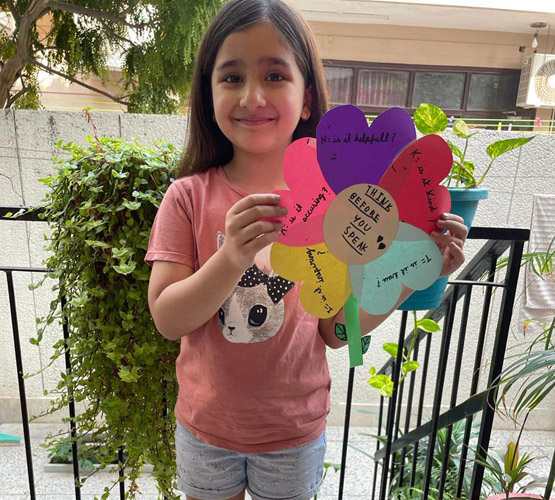

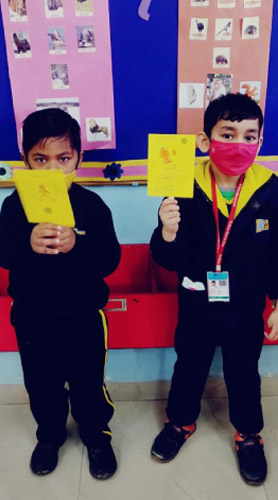
Children have now started looking forward to the sessions; and have become more mindful while listening to the stories.
Rohini Majithia, TSMS, Faridabad
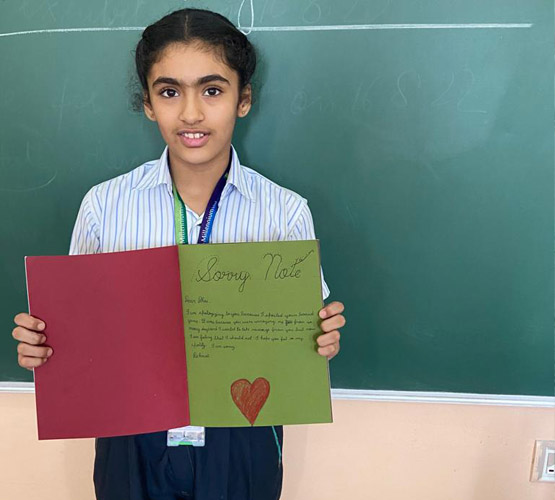
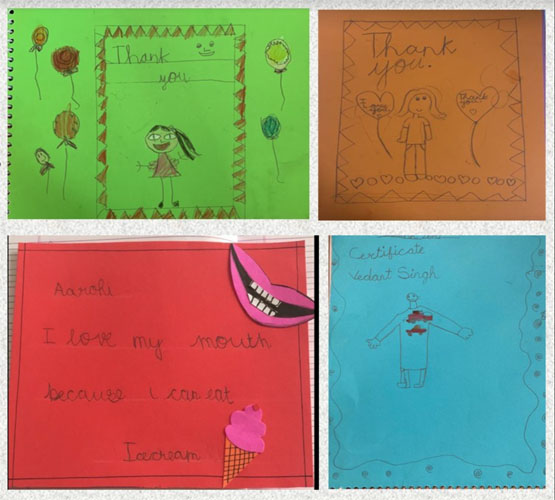


Parents are all very thankful that such a programme has been introduced at such an early stage of their child’s life.
Anuradha Gupta, TSMS, Gurgaon


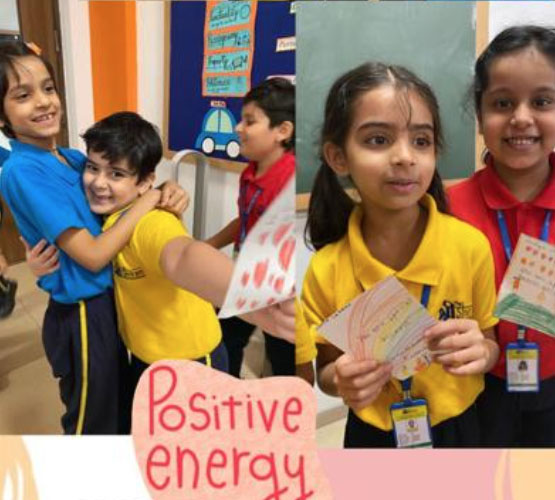
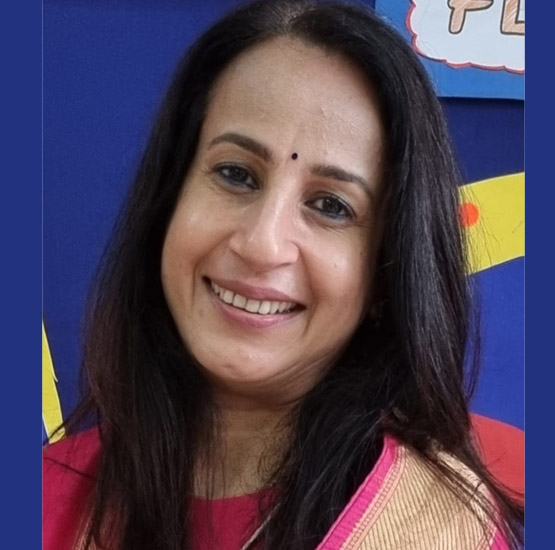
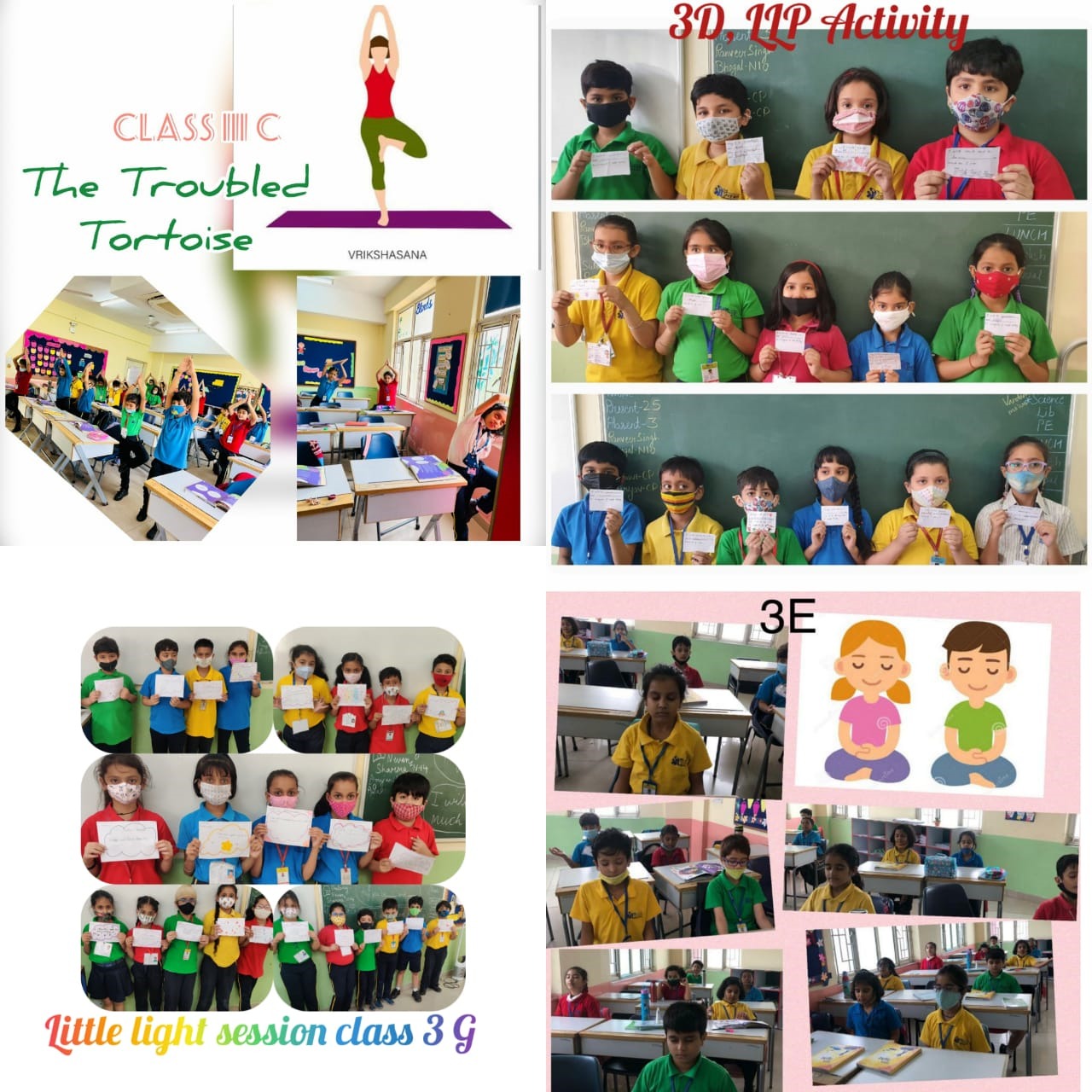

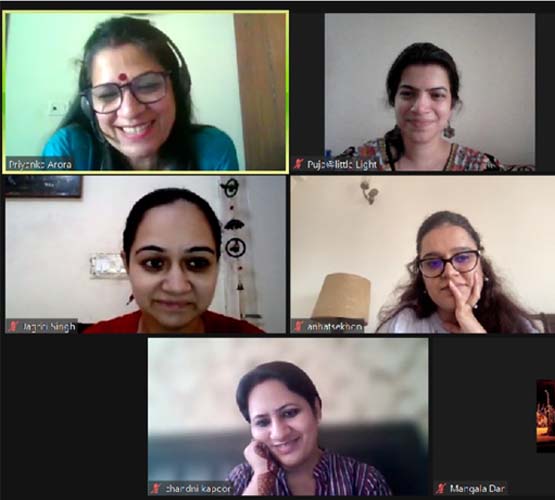
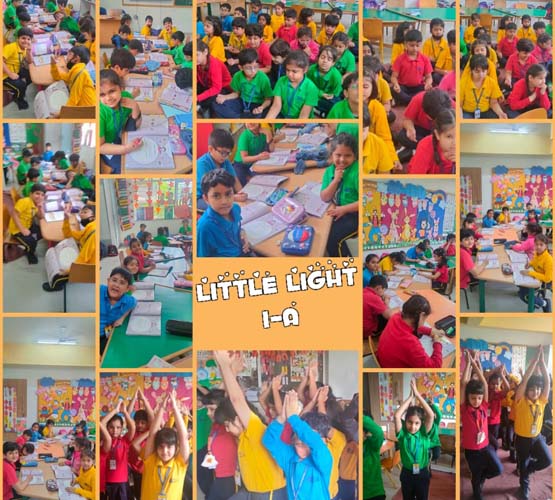
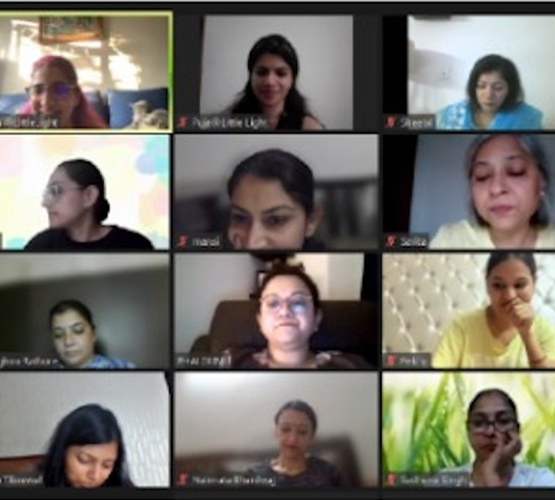
Interested in our School of Joy programme in your school?
Explore School of JoyAre you looking to become a life coach for children?
Become a Little Light CoachWith our programs launched in 2021, we have reached out to
Children
Educators
Schools
Sonali Gupta | Principal, The Shriram Millennium School, Faridabad
We wish to take the Little Light offerings to as many students, educators and schools out there. If you’d like to help us bring joy to the lives of children, there are many ways to help!
I want to support Little Light!PLOT NO. 3A, C-SCHEME, JAMNA LAL BAJAJ MARG, Jaipur, India: 302001
littlelight@littlelight.in
+91-9619-177-770
Little Light Copyright 2023 2022